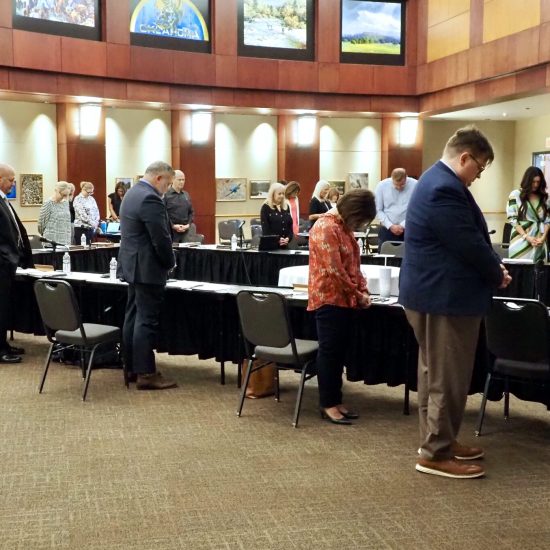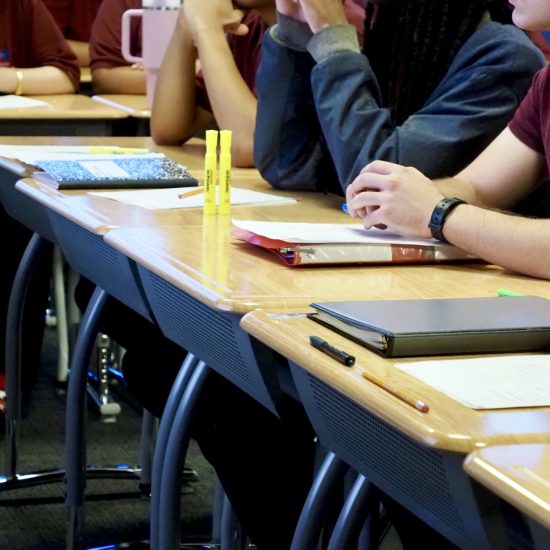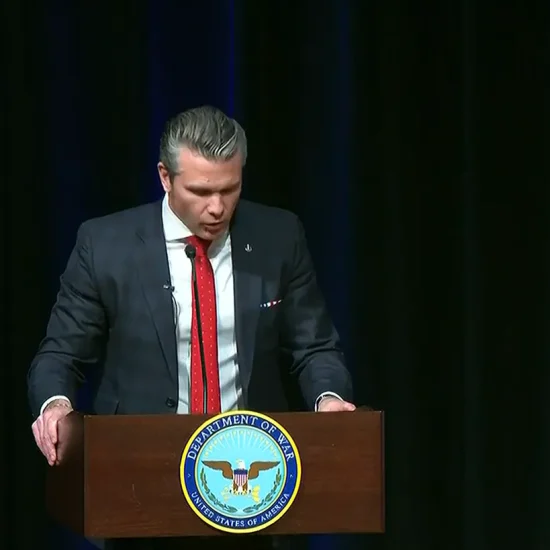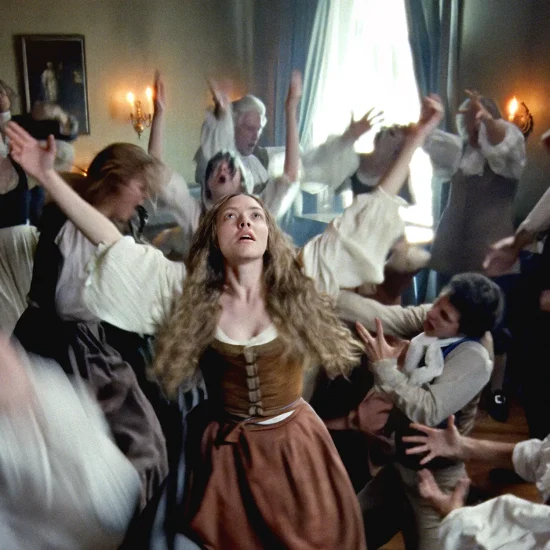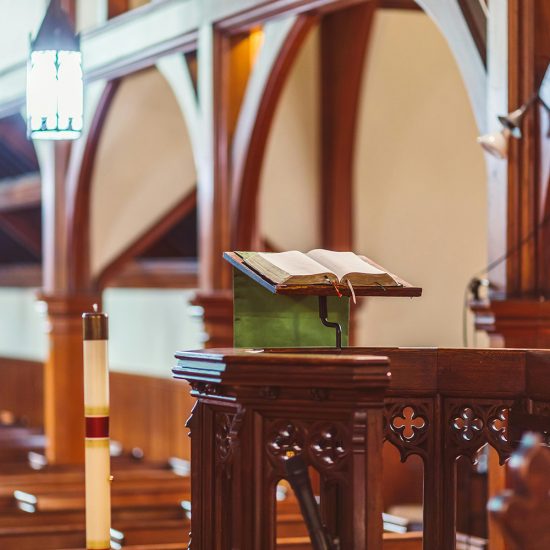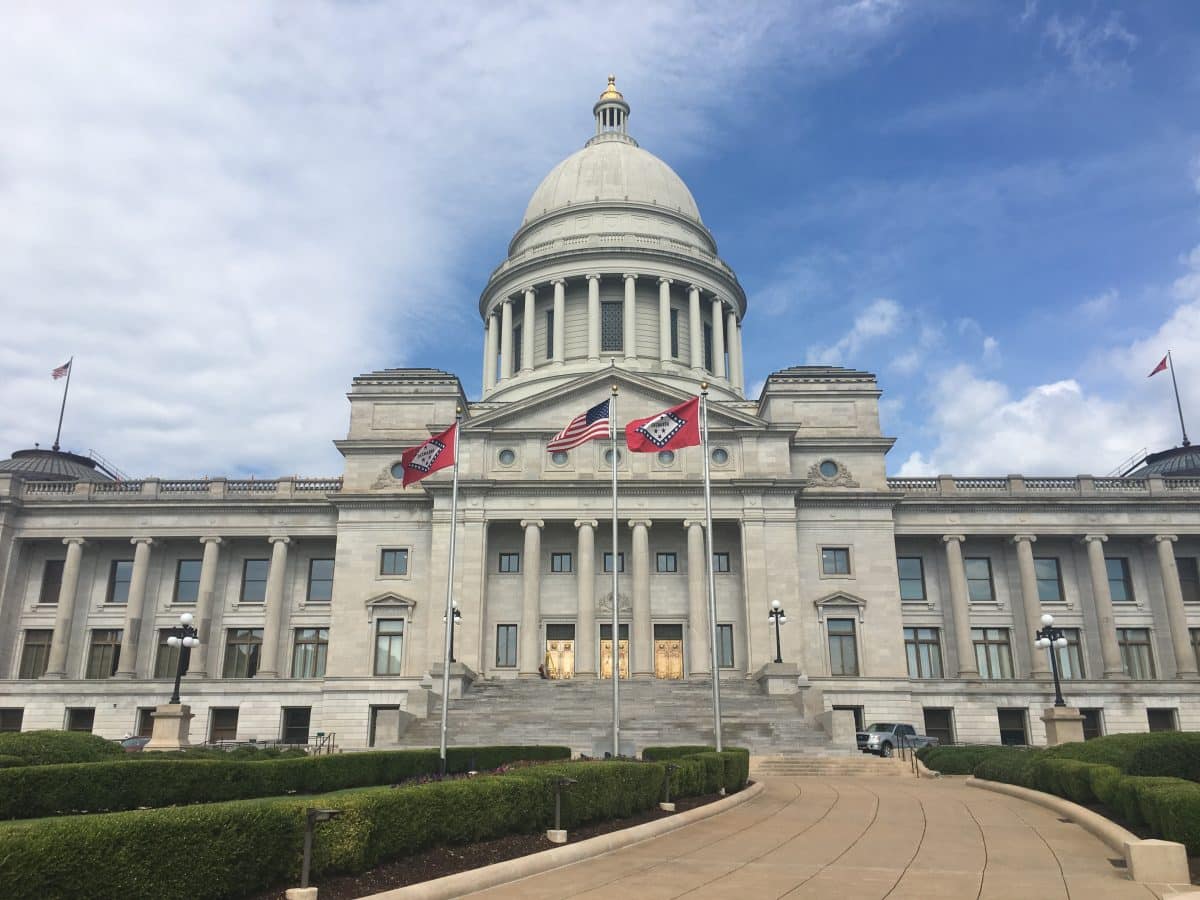
A new act signed by Arkansas’s governor on Wednesday (Feb. 10) would prevent the governor or other state or local officials from enacting restrictions on houses of worship and religious groups during a public health crisis. Arkansas and federal law already prevented officials from targeting houses of worship with regulations not applied to similar secular gatherings, but the new law goes further to eliminate virtually any restriction.
The act declares that government officials “shall not prohibit or limit a religious organization from continuing to operate or engage in religious services during a disaster emergency under this subchapter.” Although the act notes that restrictions could be imposed if done as “neutral health, safety, or occupancy requirements,” it quickly adds that those must restrictions be “applicable to all organizations and businesses.” Thus, a mass gathering limit wouldn’t apply to religious gatherings since it wouldn’t apply to a grocery story that is not, by definition, a mass gathering subject to the limit.
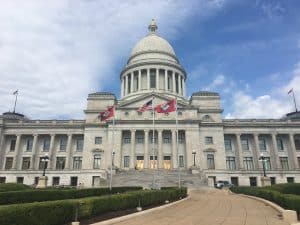
Arkansas State Capitol. (HAL333/Creative Commons)
The bill passed the state House of Representatives by a 73-10 vote on Jan. 28 and the state Senate by a 31-0 on Feb. 3. Republicans control more than three-quarters of both houses. During the hearings in the two houses, the only public testimony came from the Arkansas Family Council, a conservative Christian advocacy group. Republican Gov. Asa Hutchinson, a Southern Baptist, signed the bill into law.
The Alliance Defending Freedom, a Christian legal group that often fights church-state separation, praised the new law.
“Arkansas has taken an important step to defend this [First Amendment] right by enabling religious organizations to keep their doors open and protecting them from discrimination based on their religious identity or conduct,” ADF Legal Counsel Greg Cafuen said in a statement that thanked the bill’s sponsor. “We commend Rep. Bentley and the Arkansas Legislature for ensuring that churches and their ministries remain free to serve those who are in need, at risk, or suffering during this pandemic.”
Other states are debating similar legislation that would prevent local and state government officials from applying pandemic restrictions on houses of worship even if other mass gatherings face health rules. A bill in North Dakota already passed the Senate, one in Indiana already passed the House, one in Oklahoma already passed a House committee, and one in Missouri already passed a Senate committee. Lawmakers in several other states have also introduced such bills.
Word&Way Editor Brian Kaylor testified against the proposed legislation in Missouri.
“Religious gatherings should be treated like similar gatherings. Houses of worship should not be hit with harsher rules than similar organizations,” Kaylor wrote in a Missouri Independent column afterward. “But religious gatherings should not be exempt from the same life-saving health rules to which similar gatherings are subjected. Simply put, there shouldn’t be a pandemic privilege for religion.”
“A virus like COVID-19 doesn’t stop at the door of a church, nor does the virus care if a mass gathering is religious or not. That is why numerous church worship services, unfortunately, became super-spreader events during this pandemic,” he added. “To exempt religious gatherings and organizations from the common-sense health rules imposed on similar events and groups does not respect religious liberty but instead violates it. This pandemic privilege for religion will not only upset our healthy constitutional church-state balance but will also endanger lives.”


